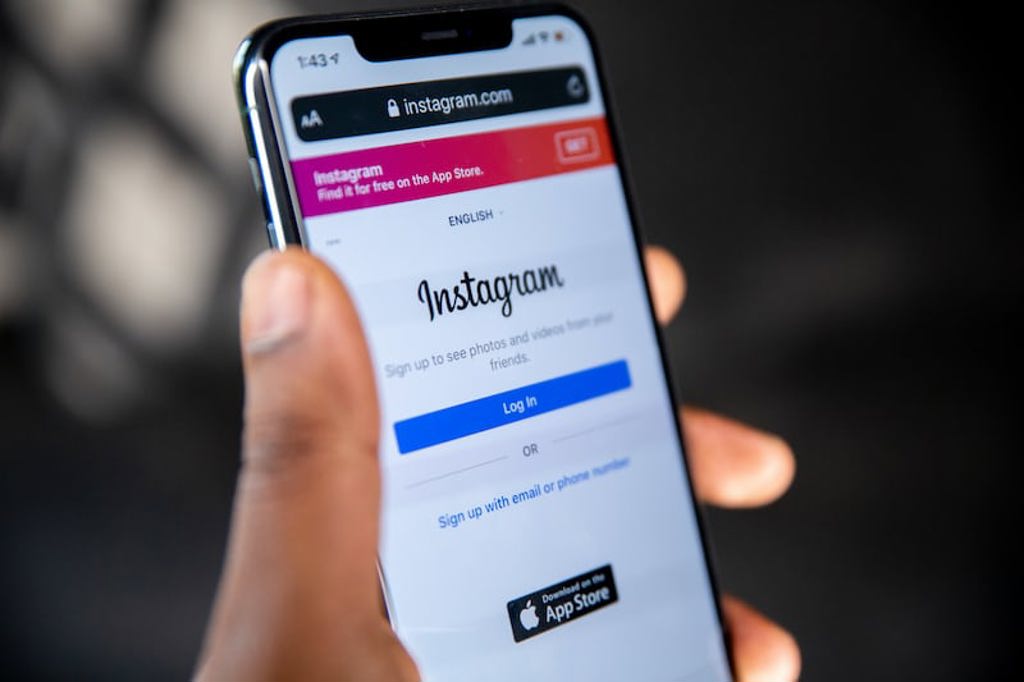In most cases, people who take part in online trends intended to fight hate are more concerned with making themselves feel righteous than making any sort of meaningful difference.
After the murder of George Floyd in May of 2020, there were mass protests, memorials and condemnations across the world. The murder reinvigorated the Black Lives Matter movement and became a major topic of public discussion, creating widespread conversation over the inequalities faced by Black Americans on a daily basis.
In the following days, social media users banded together, deciding to use their massive collective power to make a difference. Well, at least, that was the plan.
On June 2, 2020, millions of Instagram users posted black squares to their accounts, flooding the average user’s feed with the hashtag #BlackoutTuesday. The online “protest” was meant to effectively shut down the platform’s regular usage for a day. Many users would post a black square, put the trending hashtag in the caption and move on with their day.
Unfortunately, as we have since discovered, a bunch of people posting literally nothing on their social media pages before returning to normal the next day doesn’t seem to have much of an impact on racial disparities, racist police brutality and more casual forms of everyday racism.
What was the expectation here? Was this some sort of attempt to legitimately combat racism? Was it supposed to make an impact on the treatment of Black individuals? Or, perhaps it was an effort to spread awareness or resources on the Black Lives Matter movement?
In truth, it was none of these things, regardless of what anyone might claim. Posting a black square on Blackout Tuesday was simply an incredibly easy and thoughtless way to feel as though you’ve made some sort of impact or statement. The “protest” wasn’t concerned with making any sort of valuable difference, it was a display of self-righteousness meant to make you feel like a good person without putting in any effort.
In fact, it can be argued that those who took part in this trend actually hurt the Black Lives Matter movement, since the #BLM and #BlackLivesMatter hashtags became clogged with empty, black squares rather than actual resources to help those searching for information.
So, to those who blacked out their social media accounts, congratulations; do you feel like you’ve made a meaningful difference?
This is the act of virtue signalling: the public display of good intentions to make yourself look or feel like a good person without anything of substantive value to back up your displays.
Anyone with an Instagram account and thirty seconds of free time can partake in virtue signalling. The act is mindless, yet the belief that “I’m a good person for doing this” is real. It takes someone who actually cares about a movement to attend a physical protest, make a donation to a cause or display any level of sincerity through true action.
It doesn’t end with black squares, though. Mindlessly reposting resources to Instagram stories is often another form of virtue signalling. While it might seem like people are trying to share valuable resources, many are just looking for an easy way to demonstrate solidarity without truly caring about the subject matter much at all.
Those who posted a black square for Blackout Tuesday or reposted some pre-created templates on their Instagram story as the fullest extent of their effort to “show solidarity” should know that they haven’t supported the Black Lives Matter movement in any valuable way. Instead, they’ve simply contributed to one of the most lazy, arrogant and embarrassing social media trends to exist over the last decade.
Of course, not everyone has this mentality, and some people are out there fighting for legitimate change. The same cannot be said for individuals who upload a social media post and call it a day. For many, lazy social media posts or changed profile pictures are the only support they’re willing to show. Those individuals should realize the lack of value they are bringing to these important conversations.
Perhaps some feel that they’ve shared enough resources or have publicly conveyed a strong enough stance that this couldn’t possibly apply to them. I invite those individuals to reflect upon their own actions throughout major events and ask themselves whether they’ve really done their part to create an impact in the world.
It is only once we end the collective will to act solely for self-benefit that we can move closer to making the world a brighter place for all.


